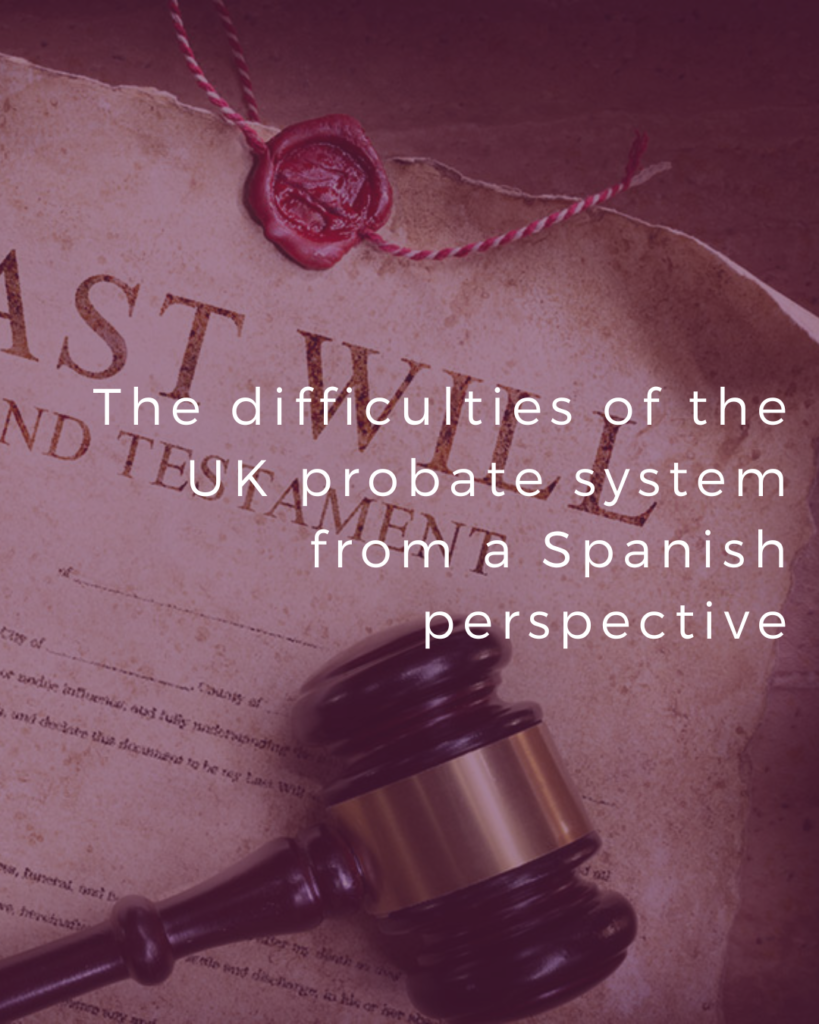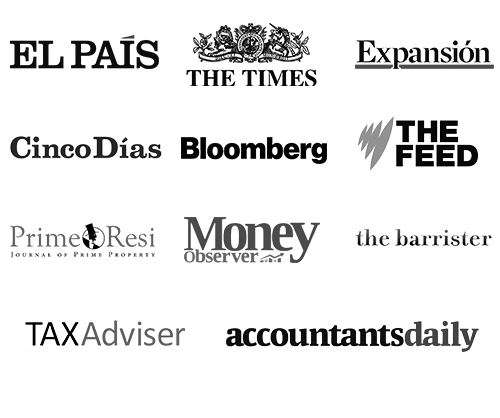The Spanish tax office’s (Agencia Tributaria – AEAT) Annual Tax and Customs Plan for 2021 is paying closer attention to international expatriates based on expenditure patterns and travels. Spain’s tax agency has announced that it will be using so-called big data to track the movements of high net worth individuals to check whether they are resident in the country for tax purposes.
Tax residency
If you spend more than 183 days in Spain during a calendar year, the Spanish tax authorities will consider you to be a resident there for tax purposes and you will be required to pay tax accordingly. The days do not have to be consecutive and even if you do not have a formal residency permit this will not affect their decision.
Similarly, if your centre of financial interests is in Spain or your spouse and/or dependent children live there, you will be presumed to be resident in the country for tax purposes even if you spend less than 183 days there, unless you can prove your tax residency in another country with a double tax treaty or an exchange of tax information protocol with Spain.
Residency and tax liability cannot be split on a partial-year residence basis with another country, meaning you will be classed as resident or non-resident in Spain for the entire year. Of course, double tax treaty relief will apply in your country of residence.
Spanish residents pay tax on their worldwide income (IRPF). Any income over €60,000 pays tax at a minimum rate of 47% and it can be as high as 54% depending on the autonomous region of residency.
UK tax residents with property or income in Spain pay Non Resident Tax at 24% and EU and EEA residents at 19%.
Residents and Non Residents alike are required to pay wealth tax in respect of assets that they own in Spain including property, savings and investments and the tax rates depend on the autonomous community of residency.
Spanish tax office crackdown
In an effort to crack down on those who are resident in Spain but currently avoiding paying tax there, the Spanish tax authorities have set out in their plan for 2021 how they intend to track expatriates and international visitors. They intend to use software programmes that monitor big data from up to 70 different sources to detect those classed as residents in Spain who have not admitted residency for tax purposes.
Sources of information will include where social media accounts are signed in from, where credit cards are used and where healthcare is accessed.
The data will not only uncover the presence of an individual for in excess of 183 days, it could also provide evidence of Spain being a centre of economic interest or the main base for earnings or of the presence of family in the country by looking at the activity of close relatives.
Spain estimates that it loses around €96 billion every year because of tax fraud and the authorities plan to make a big push to eliminate this.
The Agencia Estatal de Administractión Tributaria (AEAT) or Spanish tax office, referred to as Agencia Tributaria, has plans to increase between 15,000 and 17,500 tax experts over the next five years to enforce Spanish tax laws and collect taxes from those deemed resident in the country.
Ensuring your tax status is trouble-free
We believe there is scope for error in the big data proposals, making it essential that those with ties to the country ensure that their tax status is unambiguous.
Tax authorities might question whether someone is present in Spain if data records them somewhere near the border, if close family members spend time in the country or if their bank account or other financial assets are accessed by a manager or other authorised person from within Spain.
Deciding on residency for tax purposes is notoriously complicated and with substantial sums at stake, it is always recommended to take independent legal advice.
With thousands of Britons applying for residence cards and visas to Spain without taking legal advice or properly understanding the tax situation, it is anticipated that many will experience difficulties further down the line as their country of residence is deemed to be Spain. With travel restrictions in force, some may inadvertently spend more than 183 days in the country, however, Covid-19 will not be a defence for those being asked to pay tax as a resident.
If you have a substantial connection to Spain you should ensure that you are able to prove your residency elsewhere if you want to be sure of avoiding investigation by the authorities. If you have properly considered the best place of residence for you and correctly registered so that you have a proper transfer of residence in place where necessary then this will substantially reduce the tax authorities’ scope for enquiry.
For more information about the legal implications of living in Spain, see our article entitled Spanish residency.
By León Fernando del Canto, Head of Chambers.
This article was originally published on Spanish Property Insight.
Contact Us
Del Canto Chambers is the only London-based set of chambers specialising in Spanish tax and legal residence. We have an in-depth understanding of international tax, legal affairs, property law and residence issues.
We offer a Tax and Legal Residence Opinion service that will clearly set out your options with regard to living and paying tax overseas. This will enable you to make an informed decision as to how to structure your affairs and which country of residence will be most advantageous for you.
To make a no-obligation enquiry, please either call us now on:
+44 2070 430648 or Make An Online Enquiry.
We will come back to you within 24 hours and we will be delighted to help you.







